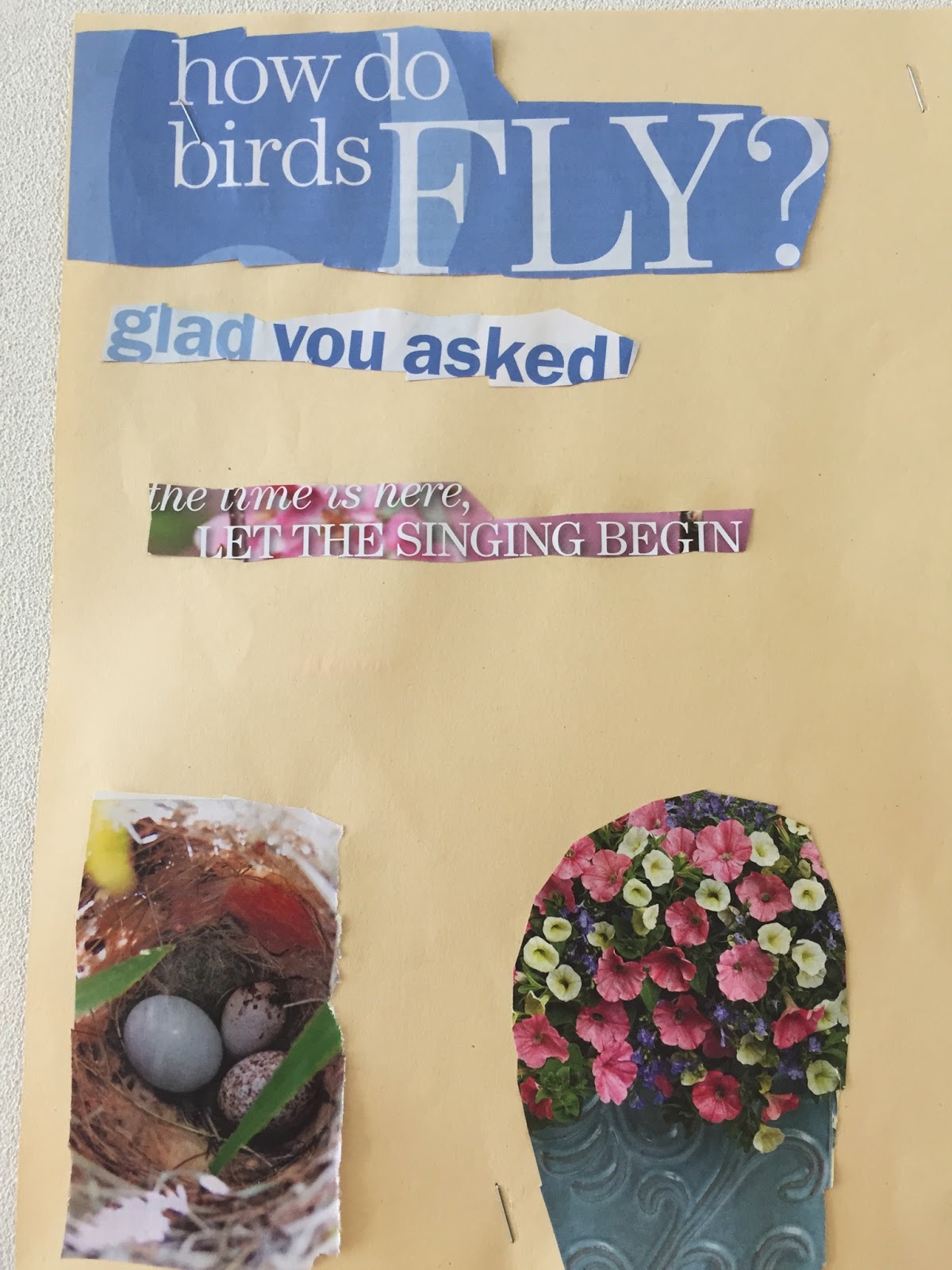We are Surprisologists!
(This is probably a topic better suited for the beginning of
the year, but at least I can be thinking about it over the summer months.)
I recently read an
article about a woman who makes a living by surprising people. She calls herself
a “Surprisologist.” As I read on, I realized that we teachers are, in fact,
surprisologists.
How do you know if you’re a surprisologist?
I think that probably describes all of us here at Watkins.
The part that strikes me the most about this article is this:
See that part that states that not enough stimulation is
correlated with poor academic performance and burnout at work? Hmm, I think I
know exactly what the author is describing. I am imagining my students right
now with their folders up, tests on their desks, pencils in hand … a necessary
- and terribly boring – evil, for both students and teacher.
Anyway, she goes on to explain that her job is about building
relationships. To surprise someone, you have to pay attention to details. It
matters to you what makes them happy and what little kinds of things bring them
joy. That other person (or in our case, those students) will recognize that you
have noticed him/her and that you listen and care. The human brain craves
novelty, “which is necessary for life, love, and learning.” Surprises provide
that novelty.
Surprises can come in many forms: sticky notes, stickers, a
little rub of smelly chapstick on the back of a hand, treats, etc. Even my own
reactions and facial expressions can be a surprise to students and engage them.
Novelties can be big or small, and they can be arranged for an individual,
small group, or whole group. If my students are going to have to sit still and
take test after test throughout the year, then I had better fill a good part of
those days with novelty. This summer, I’m going to try to discover different
ways I can incorporate surprises in to my lessons.
I think of the “Engage” part of a lesson as the perfect place
for a surprise, before the “Frame the Lesson”. Pinterest and Google are over-flowing with
ideas on how to engage, and I’ve noticed that sometimes kids get super excited
over little things that we see every day. I also know that if it’s not simple,
I’m not going to do it. Here are a few simple ideas for activities that also
support the use of relevant vocabulary and purposeful talk.
Puzzles – print color images that might
be connected to with your lesson, laminate, cut into puzzle pieces. Give a
different picture to each group to work on and discuss. (Funny, incredible,
thought-provoking pictures really get them talking.)
Coloring Page – print a coloring,
hidden picture, or mystery number page that goes with your lesson, just let
them color and talk for 5 - 10 minutes or so.
Power Point – make a simple PP with images
of funny, incredible, thought-provoking pictures, let them soak it in and wonder,
discuss. (My students have loved looking at an animal camouflage PP)
Maps/Brochures – pass out maps
that might be related to a lesson, let students discuss and wonder. (Go to
DiscoveryMaps.com, email and tell them you are a teacher, they will send you
beautiful maps for FREE!)
Realia (“Real Stuff”) – bring
real objects for them to touch and smell and discuss. You can find all sorts of
little things at the dollar store, like dinosaurs, cars, army men, etc. Pass
out collections like shells, rocks, leaves, little tree branches, etc.
Invitations – invitation to a lesson (or
even to take a test!) inside an envelope on each desk. I did this with Fairy
Tales – left a scroll on each desk that invited them to < evaluate the blah
blah blah, insert TEK > at Cinderella’s Castle. The invite can come from you,
a “scientist”, maybe an author you are studying, etc.
Clues/Riddles/Jokes – leave
simple clues, riddles, or jokes on the desk to solve a quick TEK-related
mystery.
Shoebox or bag – type up your TEKS and
put them in a bag or shoebox with other little objects or pictures that will go
with the lesson and let them discover what it will be.
And the list could go on and on…
I have realized that I have become a sort of robot-teacher, stuck
in routine, the same “Did you really just ask me that?” look on my face every day. While structure is
essential in a classroom, my daily “to-do’s” have become too predictable. I know
I need to spice things up in order to build anticipation and suspense, pique curiosity,
and trigger wonderment and questioning. This is my goal for next year: to
sharpen my skills as a “Surprisologist.”
Drevitch, Gary. (2015, April) She Imagines Your Surprise. Psychology Today. 26 - 27.










